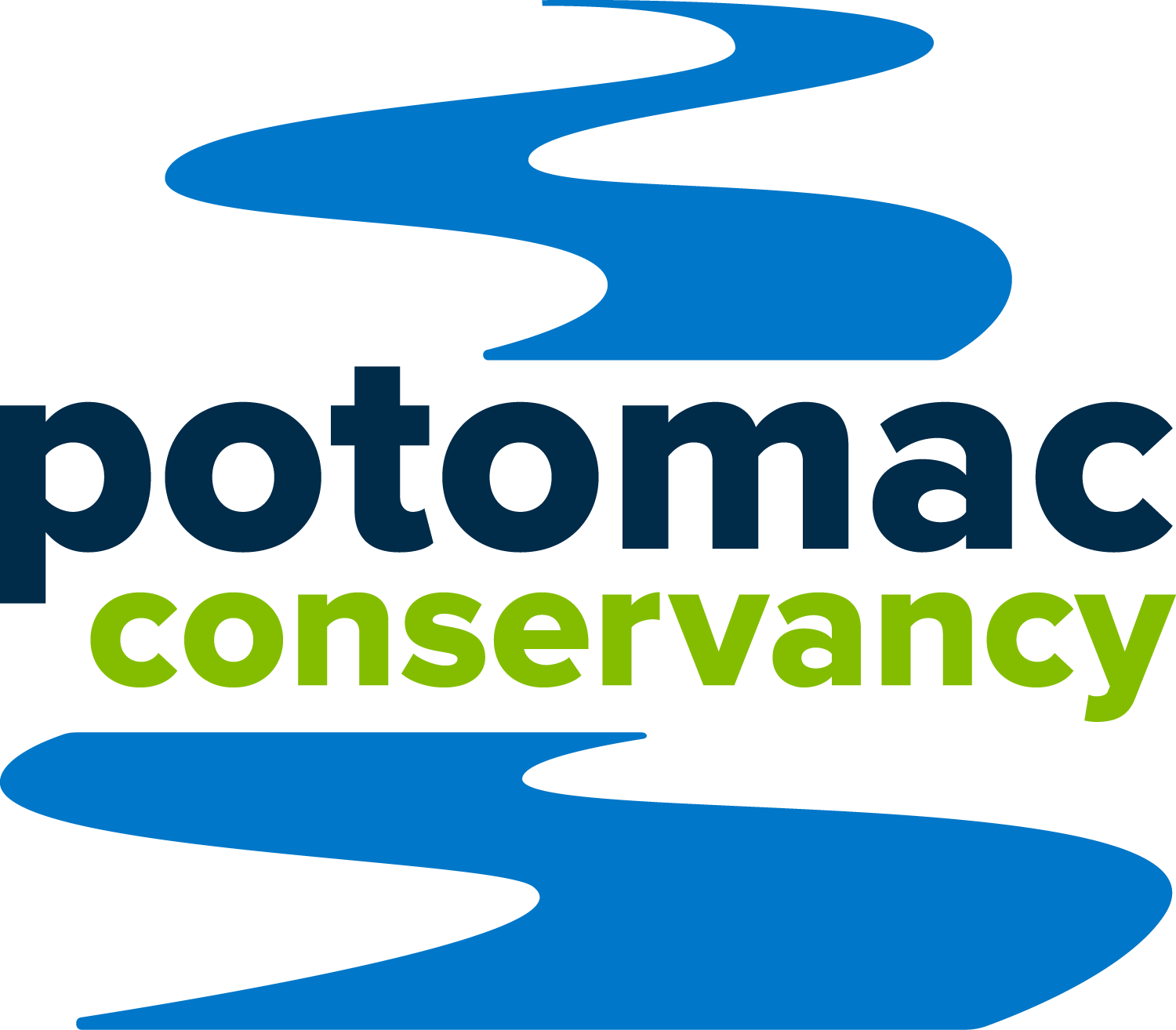How to become a birder: learn from expert Tykee James
/This World Migratory Bird Day, check out these easy tips on how you can pick up a fascinating new hobby right along the Potomac River
photo courtesy of getty images.
Did you know birdwatching is the most eggs-sighting trend in the Potomac River region?
We totally understand why locals are picking up their binoculars. It’s a portal to a passionate, vibrant community. Not to mention that it can teach you about some of the most critical issues facing our river.
But how do you go from novice nestling to an eagle-eyed leader working to save local species?
We chatted with DC Audubon Society President Tykee James about easy ways to start birding and why being a Potomac River bird-nerd is so special.
Osprey nest. Photo courtesy of Matthew Beziat/Flickr.
Leaving the nest: Tips for beginners
If you’re awoken every morning by a chorus of undistinguishable birdsong, getting into birding can feel overwhelming. Yes, there are a lot of local birds… but there are also lots of resources to help you get started! Here are a few:
No need to spend big! Eyes and ears are your best birding tools, but you may want to invest in an inexpensive pair of binoculars and download a free bird guide on your mobile phone (or bookmark a free field guide).
Get started with the birds closest to you. Explore your neighborhood with binoculars, set up a feeder at home, then watch and listen. Tykee says, “When you start to track the differences in the birds you see, you’re a birder!”.
Keep a field journal. The joy of birding is that it brings your attention to the patterns and puzzles of nature. Start building your observation skills by sketching what you see, trying to transcribe birdsong, or writing down treasured memories to build your observation skills.
Make some friends! Bird(er)s of a feather learn better together. Local Bird-ID Facebook groups can help you learn identification principles and bird clubs (like local Audubon chapters) are great for when you’re ready to get out in the field.
And while some birding communities have an ugly history of racism and elitism, all the best birders value diversity and inclusion. Groups like Flock Together and Fledgling Birders are reclaiming the birding space for Black, brown, and people of color and recognizing that diversity is an essential part of strengthening the birding community.
A great way to get started? Check out the 3rd annual Black Birders Week from May 29 to June 4, 2022.
Ready to take flight? The next step is learning about the relationship between your backyard birds and our local environment…
An Eastern Bluebird (LEft) and Eastern Bluebird Eggs (Right). PHotos courtesy of Matthew BEziat/Flickr.
Fledgling flyer: Head to the river’s edge
Now that you know the difference between a nuthatch and a chickadee, you may be asking questions like: Why do these birds live here of all places? Do they fly south for the winter? What birds can I see by heading to the water? Let’s talk about the connection between birds and our river.
While there are no “Potomac River only” birds, our watershed is a special place for many species. The Lower Potomac River is an Important Bird Area (IBA) that supports the largest Great Blue Heron colonies in the mid-Atlantic region. Other top-tier birding spots along the river include the C&O Canal, Lilypons Water Gardens, and Fort Frederick (use the Ebird hotspot map to find more.)
Not all local birds migrate, but spring is a great time to witness a vast variety of birds that pass through our area on their northern migration (and depend on clean water to help complete their journey). Maintaining quality habitat is just as important for migratory birds as for those that live here year round.
Head to the river’s edge to see more birds and exciting behaviors! The Potomac is home to lots of waterfowl (ducks, swans, and geese) that rely on our wetland habitat. Spend some time by the water to learn the difference between diving and dabbling ducks and witness the increased foraging and breeding behaviors that spring brings.
Local birding clubs are a great way to discover local hotspots. photo courtesy of the Chesapeake Bay Program.
Eagle-eyed: Become a keen observer
While watching waterfowl like a hawk, you might start to notice that not all is well in bird world. Maybe you spotted a wood duck pecking at a plastic cup or a mysterious spill heading toward a hooded merganser.
With a newfound love of all things avian, you’re right to be concerned about how we’re affecting birds’ habitats. Maintaining clean water, intact wetlands, and healthy forests is especially important for protecting the full life cycle of migratory birds. Threats like deforestation, pesticide use, and polluted runoff can deprive them of the solid stopover habitat they need before producing the next generation of birds.
On top of local obstacles, global heating means birds have fewer options for suitable migratory habitats. This map shows how the climate crisis is already affecting world-wide migration patterns.
But don’t fret just yet! Part of being a good birder is understanding the issues facing birds in your area… and knowing how to help.
Plastic wrappers woven into a bird’s nest. Photo courtesy of the Chesapeake Bay Program.
Leading the flock: Give back
OK, so you are now a fully-fledged bird-nerd who knows the call of the grasshopper sparrow and understands the threats facing local fowl relying on our waters. How can you take the next step and get vocal to protect vulnerable native birds?
At home, use these year-round tips for making your yard bird-friendly (and river-friendly!).
Remember, the birds come first! Set the standard for ethical bird-watching with these guidelines.
Speak up for local & federal laws that protect bird habitat! Urge your representatives to support the Important Bird Areas (IBAs) Program in Maryland and DC, vote for climate solutions, and defend the Migratory Bird Treaty Act—America’s most important bird law!
Meet the expert: Tykee James
Tykee James is the Government Affairs Coordinator at National Audubon Society, Co-Chair for the National Black and Latinx Scholarship Fund, and President of the DC Audubon Society. He sits on the board of directors of the Wyncote Audubon Society, the Birding Co-op, and Justice Outside.
Tykee has built residency in this work from his experience in Philadelphia, his hometown. His first job was an environmental educator and community organizer in his own neighborhood. Tykee also worked for State Representative as her environmental policy advisor. He continues to develop himself as a leader through his membership in the Environmental Leadership Program and the Green Leadership Trust.
Tykee has been part of the birding community for almost a decade. He was one of the organizers of the first #BlackBirdersWeek in 2020, an elected councilor for Wilson Ornithological Society, and co-founded the Birder’s Fund as well as the Freedom Birders project, two feature programs of Amplify the Future.
In his personal time, he is the audio producer for Wildlife Observer Network, a wildlife media project he started with some wildlife-friendly friends in Philly. Tykee hosts two podcasts: Brothers in Birding and On Word for Wildlife.
Websites: WildlifeObserverNetwork.com, freedombirders.org, AmplifyTheFuture.org
Twitter: @Tykee_James
Instagram: @TykeeJames



















